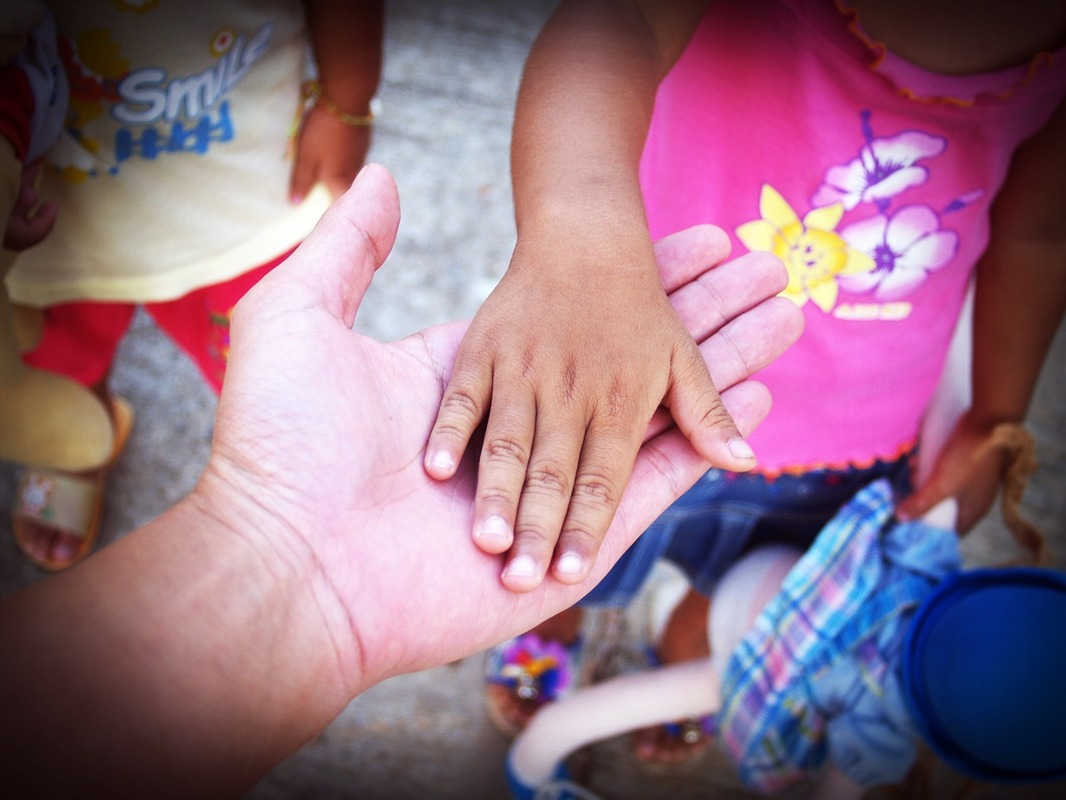This is the eighth in a series of eight posts devoted to discussion of the eight symptoms originally described by Richard Gardner, MD in 1985. As a quick sidebar, I would like to also point out that while Gardner’s model has drawn some fire regarding the use of the word “syndrome”, much of such objection is smoke and mirrors, in my opinion.

Before Amy Baker’s important book Adult Children of Parental Alienation Syndrome, I had an opportunity to read the pre-publication manuscript. When I did so, I called Amy and said something like, “are you saying that your research is confirming much of what Dr. Gardner was saying?” Her response was that her research confirmed all of what Dr. Gardner was saying. In fact, in Johnson and Kelly’s “reformulation” of PAS, their descriptions of the symptom pattern of alienation mirrors much if not all of what Gardner described.
Regardless if you call it Parental Alienation, Parental Alienation Syndrome or Child Alienation a la Johnson and Kelly, the phenomenon is basically the same. The behaviors that alienated children engage in and its progressive course is tightly patterned and therefore predictable. There is little controversy about this.
The last symptom, the eighth symptom of Parental Alienation is The Spread of the Animosity to the Friends and/or Extended Family of the Alienated Parent.
With this symptom, we see once loved grandparents, aunts, uncles and cousins being rejected by the alienated child. I had the honor and opportunity to speak to a group of Alienated Grandparents in Naples, FL, who have organized into a kind of movement to address the heartbreak of this eighth symptom. Although I was the official speaker at their meeting in Naples, I am quite sure that I learned more from them than they did from me. Their comments and questions revealed that they had mapped the severing of relationships with grandchildren, and often also with their own children.
This is something that has not been studied, and such study is certainly warranted. Suffice it say, this last symptom is responsible for much of the heartbreak and tragedy of parental alienation.
While it is obviously heartbreaking for the now rejected grandparents, aunts and uncles and cousins, it is devastating for the alienated child. Such a rejection, which they have been programmed to execute, cuts them off from the many and unique lessons and gifts that can come from a loving extended family.
In short, the lives of these alienated children become much smaller and more one dimensional. They lose the benefit of watching multiple adults living their lives and negotiating issues. Since the most basic form of learning engaged in by children is imitation, such a loss is tragic and damaging.
As with the prior discussions, I would appreciate any feedback regarding your experience with the Spread of Animosity to the Friends and/or Extended Family of the Alienated Parent.